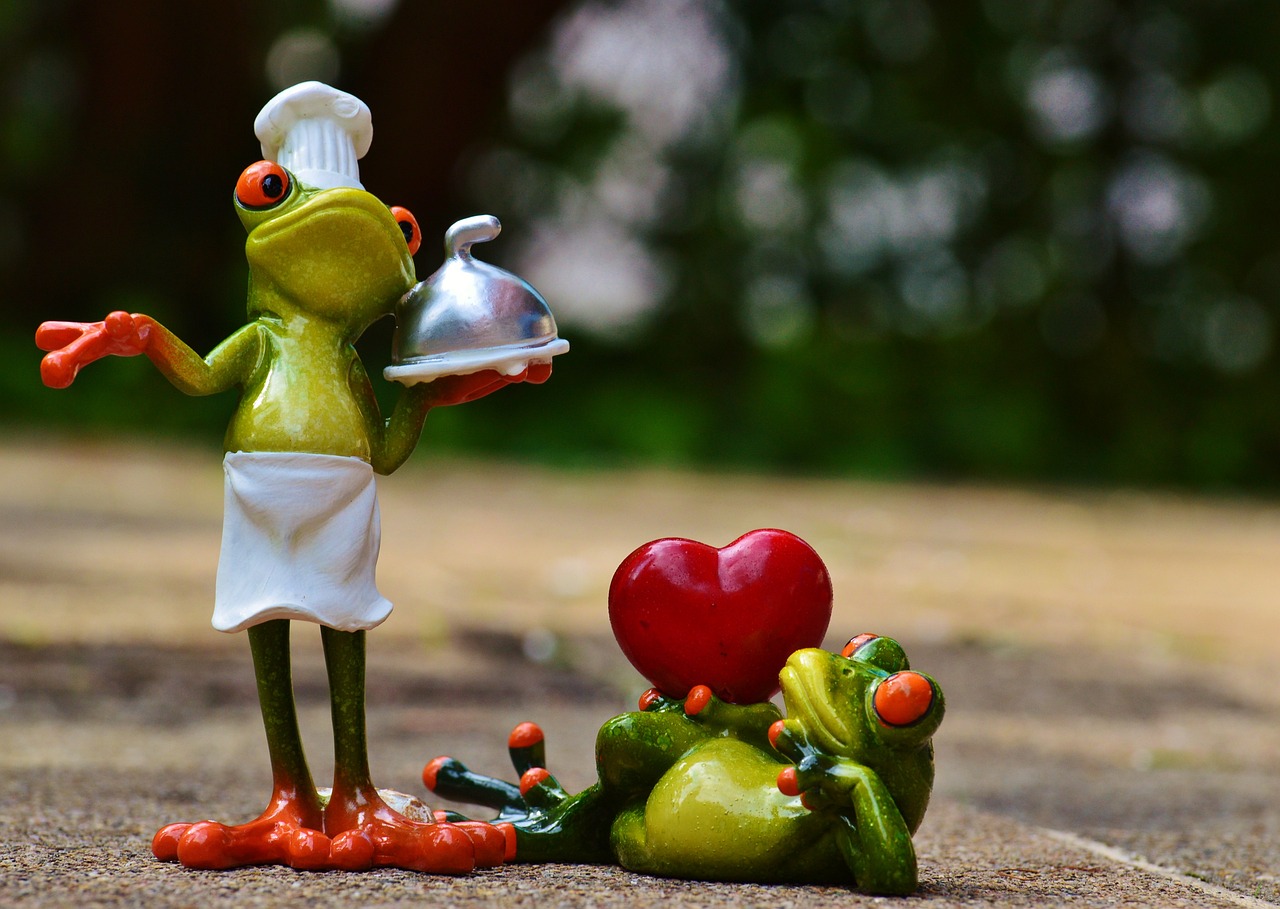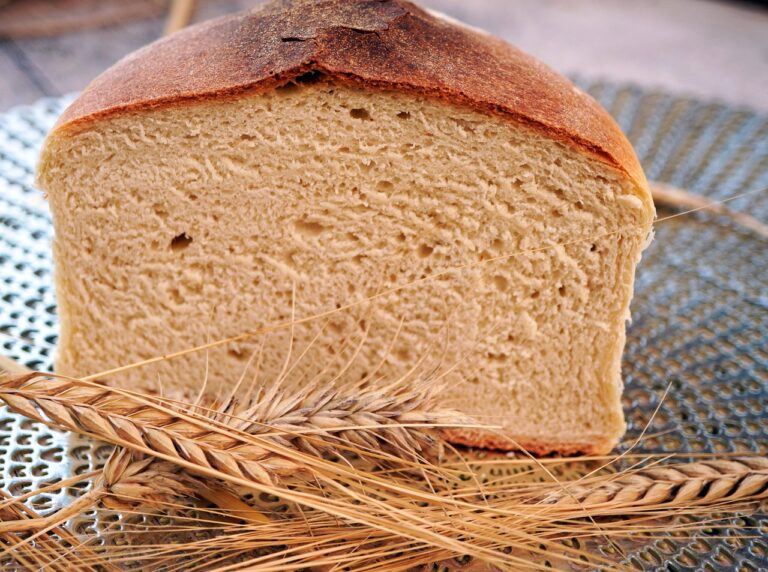Food and Mental Health: Exploring the Gut-Brain Connection
Nutrition plays a crucial role in maintaining good mental health. The food we consume provides essential nutrients that support brain function and neurotransmitter production. For example, omega-3 fatty acids found in fatty fish like salmon are known to have positive effects on mood regulation and cognitive performance.
Additionally, a balanced diet rich in fruits, vegetables, whole grains, and lean proteins can help reduce inflammation in the body, which has been linked to depression and anxiety. On the other hand, diets high in processed foods, sugar, and unhealthy fats may contribute to mood disorders and cognitive decline. Therefore, making mindful food choices and prioritizing nutrient-dense foods can have a significant impact on our mental well-being.
Understanding the Gut Microbiome
The gut microbiome refers to the complex community of microorganisms that reside in the digestive tract. This community includes various types of bacteria, fungi, viruses, and other microbes that play a crucial role in maintaining our overall health. The balance and diversity of these microorganisms are essential for proper digestion, immune function, and even mental well-being.
Recent research has highlighted the connection between the gut microbiome and mental health. It has been found that the gut-brain axis, a bidirectional communication system between the gut and the brain, is influenced by the activity of the gut microbiome. Changes in the composition of the gut microbiome can impact neurotransmitter production, inflammation levels, and even mood regulation. This intricate relationship underscores the importance of maintaining a healthy gut microbiome for optimal mental well-being.
• The gut microbiome is influenced by various factors such as diet, stress levels, medications, and environmental exposures.
• Probiotics are beneficial bacteria that can help restore balance to the gut microbiome and promote overall health.
• Prebiotics are non-digestible fibers that serve as food for the beneficial bacteria in the gut microbiome.
• Dysbiosis refers to an imbalance in the gut microbiome that can lead to various health issues such as digestive disorders, autoimmune conditions, and mental health concerns.
Impact of Probiotics on Mental Well-being
Probiotics, commonly known as the “good” bacteria, have been gaining attention for their potential impact on mental well-being. These live microorganisms are believed to play a key role in maintaining a healthy gut, which is increasingly being linked to mental health. Research has shown that the gut-brain axis, the communication network between the gut and the brain, may be influenced by the consumption of probiotics.
Studies have suggested that probiotics could help alleviate symptoms of anxiety, depression, and stress. By promoting a balanced gut microbiome, probiotics may help regulate neurotransmitters and reduce inflammation in the body, ultimately contributing to improved mental health. While more research is needed to fully understand the mechanisms behind this relationship, incorporating probiotic-rich foods or supplements into one’s diet may be a promising avenue for enhancing mental well-being.
What is the role of nutrition in mental health?
Nutrition plays a crucial role in mental health as our diet can impact our mood, cognition, and overall mental well-being.
What is the gut microbiome?
The gut microbiome refers to the community of microorganisms living in our digestive tract, which play a key role in our overall health and well-being.
How do probiotics impact mental well-being?
Probiotics are beneficial bacteria that can help balance the gut microbiome, leading to improved mental health outcomes such as reduced anxiety and depression symptoms.
Are there specific probiotic strains that are more beneficial for mental health?
Some studies suggest that certain probiotic strains, such as Lactobacillus and Bifidobacterium, may have a more significant impact on mental well-being, but more research is needed in this area.
How can I incorporate probiotics into my diet?
Probiotics can be found in fermented foods like yogurt, kefir, sauerkraut, and kimchi, as well as in supplement form. Consulting with a healthcare provider is recommended before starting any new supplement regimen.







